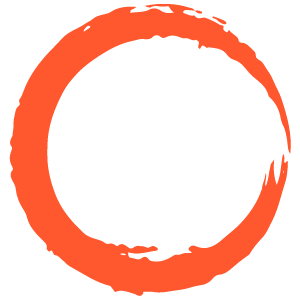Startups, this is how you move fast

Founders misunderstand how to make significant progress FAST.
They think it means working at a breakneck speed, late nights fueled by pizza and beer, all week. This is understandable, they’re under A TON of pressure, and working harder makes sense. But this is only a third of the picture.
A different kind of founder thinks that it’s about strategy and decision making.
They’re not wrong, after all working on the wrong feature will cost you WAY more than a feature delivered in delay. But they’re also missing the bigger picture.
There’s a third element: Focus.
"What focus means is saying No, to something [that] with every bone in your body you think is a phenomenal idea.
And you wake up thinking about it.
But you say No to it because you're focusing on something else"
– Jony Ive
Focusing your efforts on the most important problem. Solving it. Moving to the next biggest limiting factor.
This creates alignment and focus throughout the company.
To make sure you’re always working on your most important problem you need to:
- Identify it - What’s limiting the growth or success of your company the most? "If you had a single developer, what would you have them working on?"
- Let some fires burn - Focus on the most important problem. It’ll be painful, but you can’t fix everything at once.
- Let go of great ideas and darlings- 90 seconds by Jony Ive that will clarify what Focus really means.
- Communicate it to your team. Make sure everyone knows what’s the company’s single point of focus, and their single point of focus.
- Reassess - Ask for feedback, look for evidence that you’re wrong.
Imagine a company in which everyone is working on a single thing and it’s the most important thing. Imagine they do this over, and over and over. You end up solving some pretty significant problems.
You need all the above to succeed:
- Working hard
- Working smart
- Focus
What things you should stop working on? What efforts, features and products you should kill or stop working on?
Fun anecdotes from PayPal and Facebook
In the early days of PayPal Peter Thiel assigned each person a single responsibility. If that person spoke with him about anything else, he wouldn't engage in the conversation. Then he'd ask them to get back to work on their focus.
Noah Kagan, #30 employee at Facebook. Tells a story of a time he came to Mark Zuckerberg with a great idea to improve Facebook. Zuck pointed to the wall (there was a big sign with the word "Growth"). Told Noah that his idea isn't related to growth, so they're not going to work on it.
There's also the mind-blowing page that Stripe founder, Patrick Collison maintains with examples of teams accomplishing amazing things in a short amount of time. Fast

Member discussion